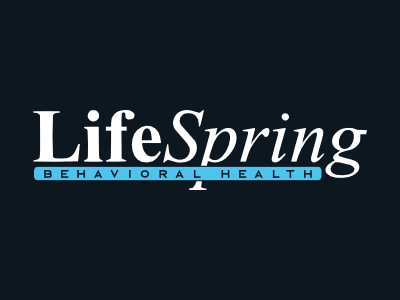- Categories :
- More
When You're Grieving the Dream: Coping with Infertility and Loss

If you're reading this, you're likely carrying a kind of heartbreak that few people truly understand or know someone who does. The type that lives quietly in doctors’ offices, in late-night internet searches, in the silence between two people who desperately want to be parents.
Infertility is not just a medical condition. It is a grief process. A loss. A constant cycle of hope and heartbreak that touches every corner of your life, your body, your relationships, your future plans, and even your identity. If you feel lost, angry, broken, or numb, you’re not alone. And you're not failing.
One of the hardest parts of infertility is how invisible it can feel. There's no funeral for the child you never got to meet. No ritual for the future you quietly imagined. No words quite capture the unique pain of longing for a life that refuses to arrive. People may not understand what you’re going through. They may say unhelpful things… "Just relax and it’ll happen.", "At least you can try again.”, “Why don’t you just adopt?" But your pain is real, valid, and worthy of care, no matter how invisible it is to others.
It isn’t just in your head, it’s in your heart, your body, and your world. The emotional toll of infertility is deep and wide. Every cycle can bring a new wave of hope and disappointment. Every baby shower invitation might feel like a punch in the gut. Every medical appointment can feel like handing over another piece of yourself. You might feel like your body has betrayed you. You might feel ashamed, confused, exhausted. You might feel isolated, even from people who love you. Please know these feelings are not weakness. They are evidence of how fiercely you love.
You’re allowed to grieve what you’ve lost, even if it’s a future, not a person. Grief doesn’t follow a straight path. Some days, you may feel strong. Other days, it may feel hard to get out of bed. Both are normal. Both are okay. You can be grateful and still feel broken. You can love your life and still wish for more. You can feel hopeful one day and hopeless the next. Grief isn’t something to “get over.” It’s something you learn to carry with compassion.
Whether or not you become a parent, you are still a whole person. Your worth is not defined by your ability to conceive, carry, or parent a child. You are more than your diagnosis. And this part of your story does not cancel out all the love and light still ahead of you. You are allowed to hope. You are allowed to stop hoping. You are allowed to change your mind. You are allowed to choose what healing looks like for you. You are still whole even in the in-between.
Infertility and reproductive loss can feel like a long, lonely road. But there are others walking it too, and many who want to walk alongside you. If you’re struggling, consider reaching out. Whether it's a therapist, a support group, or a trusted friend, your pain deserves a witness. There are counselors, support groups, and online communities filled with people who do understand, people who won’t offer platitudes but will sit with your pain, hold space for your story, and help you find your way through. Therapy isn’t about fixing you, because you're not broken. It’s about giving you a place to breathe, to speak, to process, and to heal in your own time. You deserve support. And no matter where this journey leads, your story matters. You matter.
Remember that your body is not your enemy. You don’t owe anyone a timeline. It’s okay to protect your heart. And healing isn’t linear, but it is possible.
By Brandy Hussey, MMFT, LPC-Associate
















